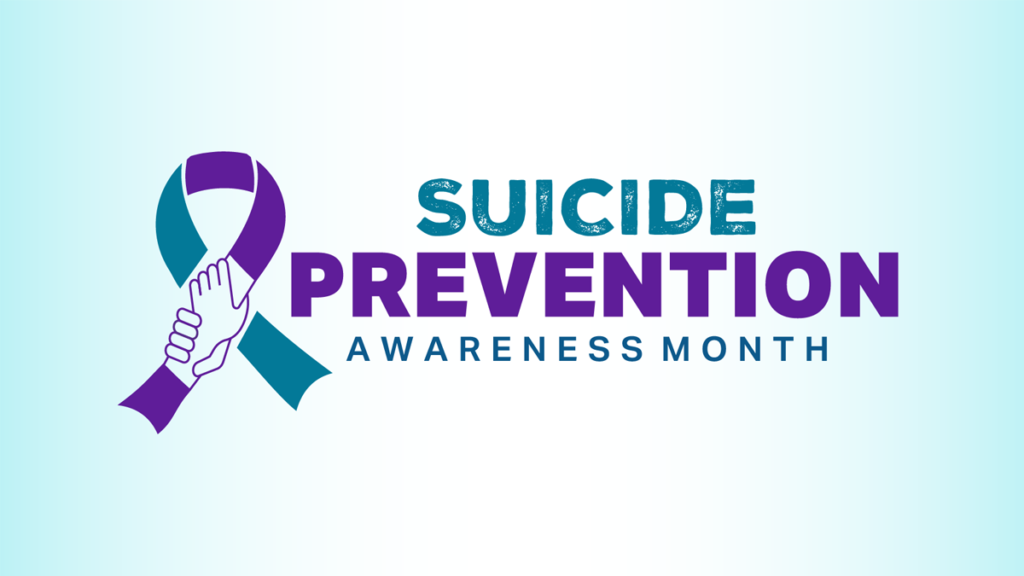After a few years of decreasing, suicide rates are once again on the rise. September is suicide prevention awareness month, a month recognized since 2003 to be a time where we are meant to commit to action and spread knowledge in an attempt to prevent suicide. Today, suicide is known to be the second leading cause of death for college students. Often, the topic of suicide and the facts behind it go unrecognized. That is exactly why spreading awareness is so crucial.
It’s no longer September, but that shouldn’t stop us from checking in on one another. If the only times we advocate and speak out each year are the few months that highlight the importance of mental health, the chances of us reducing the estimated 720,000 yearly suicides are slim.
The psychological term for suicidal thoughts is Suicidal Ideation; referring to when a person is having thoughts, fantasies, or contemplation of suicide. This, along with many other risk factors, often go unnoticed. In fact, it more often is passive, with someone wishing they were dead but not acting on it. This is just as bad, and people don’t even recognize that they might need help.
Active Suicidal Ideation, unlike passive, is when a person not only fantasizes about it, but intends on acting on it. Regardless of intention or how severe the thoughts are, these people matter. Severe stress is a common risk factor of suicidal ideation among college students. When experiencing chronic stress, students are vulnerable to feeling hopeless, which is another high risk factor of developing suicidal ideation. However, there are more circumstances that can occur in all of our lives without us knowing how much damage they might be doing. Mental health issues, substance use and past attempts are just a few examples.
When being mindful to topics such as suicidal ideation, it’s important to not only recognize warning signs, but to take a moment, step back, and consider your own mental health. If you or someone you know is experiencing thoughts of hopelessness, withdrawal from social groups, or exhibiting alarming behavior, don’t be afraid to reach out. There are many helpful resources out there such as 988, the National Suicide and Crisis Prevention Line, or CAPS, the Counseling and Psychological Services here at Eastern University. Reaching out and referring a friend to these resources can be also be beneficial.
The moment you speak up, it gets better. So often we might feel like we go through things alone, and we’re vulnerable when forgetting that help is out there. There are spaces here at Eastern for things just like this. CAPS, the Counseling and Psychological Services center is located on the ground floor of Doane A, and provides free counseling, mental health, and wellness support for Eastern University students. When asked about how students can make appointments, Dr. Lisa Hemlick, Director of CAPS, said, “To start the process, students should come to CAPS to complete a request form. If they cannot come in, or want more information first, they can contact us at caps@eastern.edu or 610-341-5837.”
CAPS also provides online counseling for those unable to go in person. “Students who may be hesitant to meet in person have the option of meeting online, as long as online sessions are appropriate for their needs. We do like the first session to be in-person, if possible, but online is still an option,” Hemlik, said.
A common fear people have when it comes to seeking help might be confidentiality. In many cultures and upbringings, mental health is looked at in a negative light that form many misconceptions. “Counseling services are confidential, with exceptions for risk situations. Students may encounter other students in our waiting area. We are here to help students be well and grow and get the most out of their time at Eastern. Whether a student’s concern seems large or small, we want them to reach out,” Hemlick said regarding confidentiality.
Regardless of where you get counseling support from, there is a legal policy on mandatory reporting in risky situations. In cases where a student is a danger to themselves or others, confidentiality may be broken in the interest of student safety. It’s important to know that more updates from CAPS and their services are expected soon.
Know you are not alone. Please, if you are struggling, refer to CAPS for assistance, and make sure your friends know it’s there for them too.

